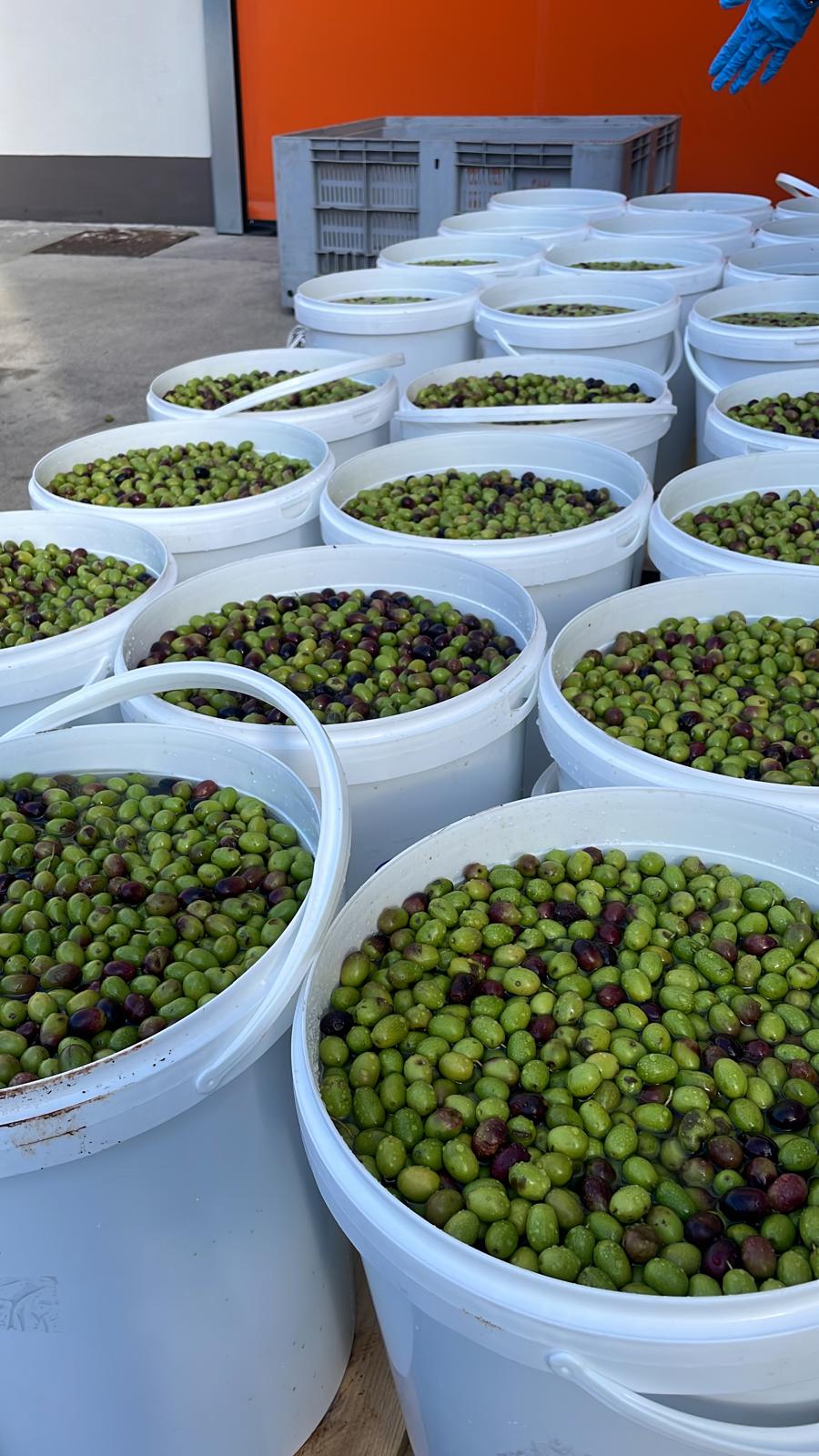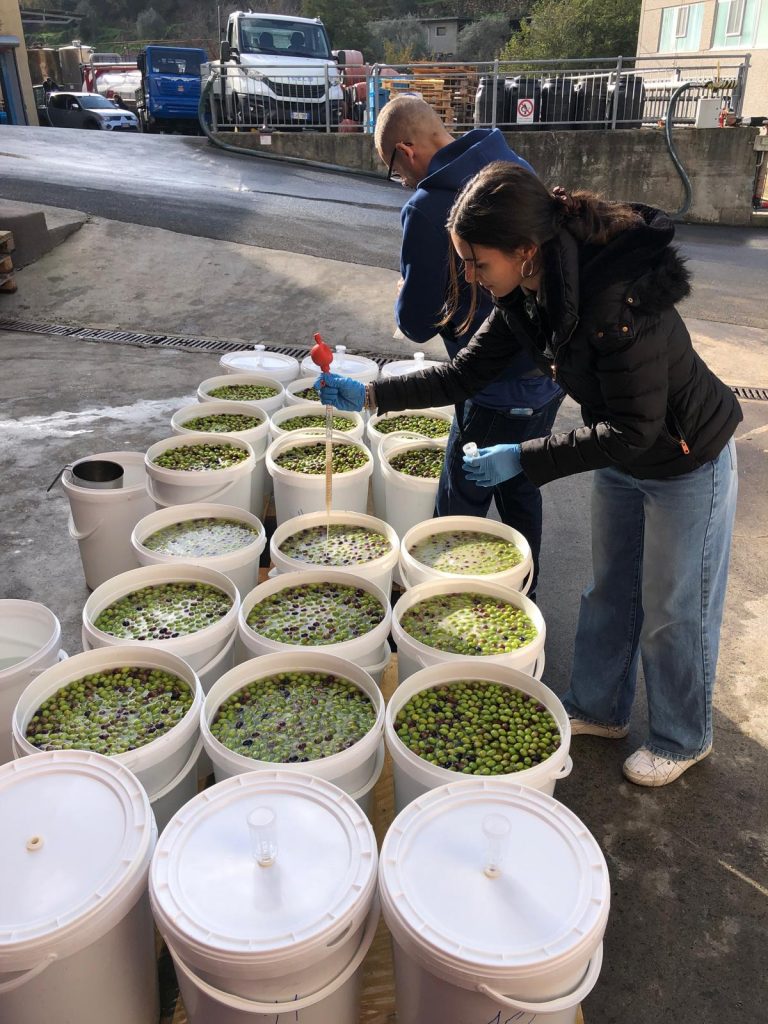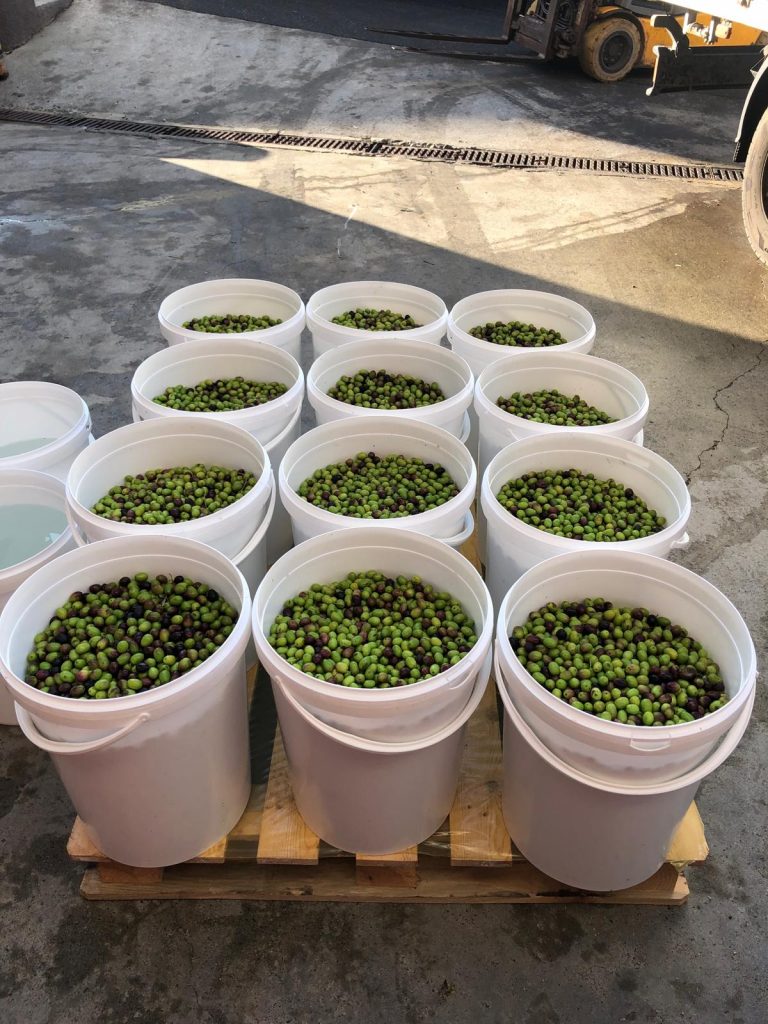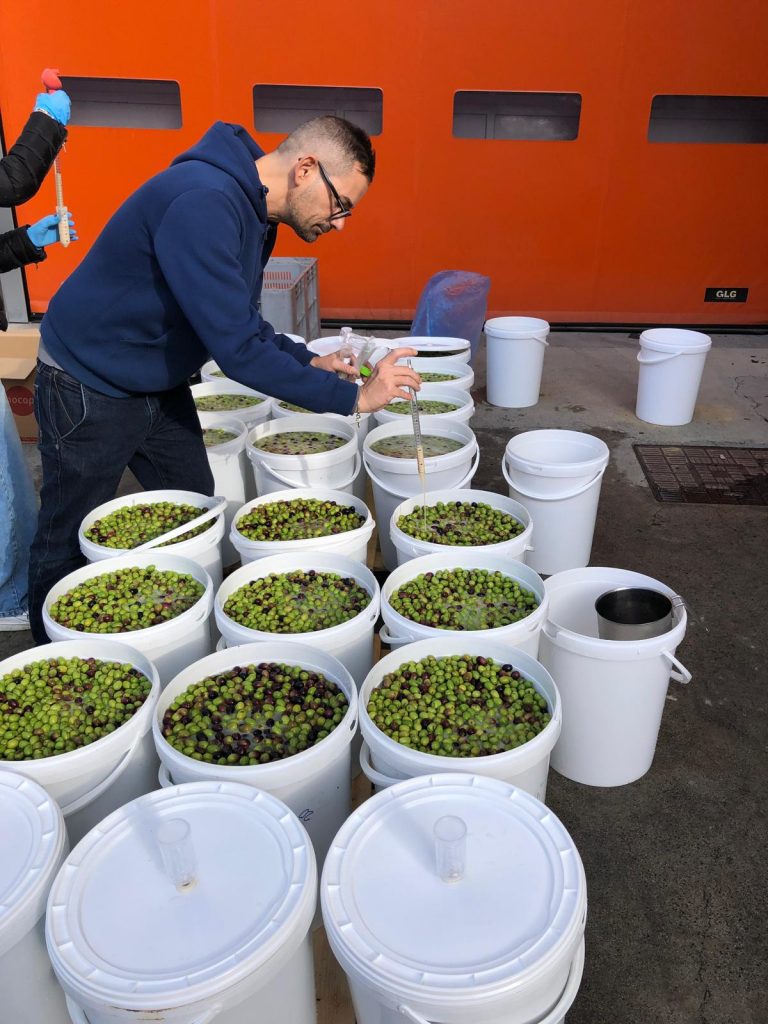DOMINO Case Study: Advancing Fermentation Sciences with Table Olives

Harnessing the power of microbes to enhance the health, quality, and functionality of fermented foods lies at the core of the DOMINO project. This innovative and scientifically robust approach is paving the way for designing better food products tailored to the evolving needs of our food systems.
In this case study, DOMINO partner, the University of Torino, is carefully designing microbial consortia to improve the nutrition, structure and functional properties of table olives. Collaborating with Italian company Fratelli Merano, who supplies the olives from their groves, the team began a new precision fermentation process by applying selected microbes. This approach will ensure precision and excellence, laying the foundation for high-quality products.
Precision fermentation is an advanced technology that leverages selected and optimised microorganisms to produce specific compounds or ingredients with greater efficiency than traditional methods. By precisely controlling each stage of the fermentation process, it enables the creation of high-quality products.
While DOMINO researchers do not directly conduct precision fermentation, our work centres on the targeted selection of microbial strains with optimal traits for specific fermentation processes. This strategic selection enhances microbial performance and supports innovative applications, aligning closely with the principles of precision fermentation.



This case study showcases how innovation and tradition can come together to redefine fermented foods.